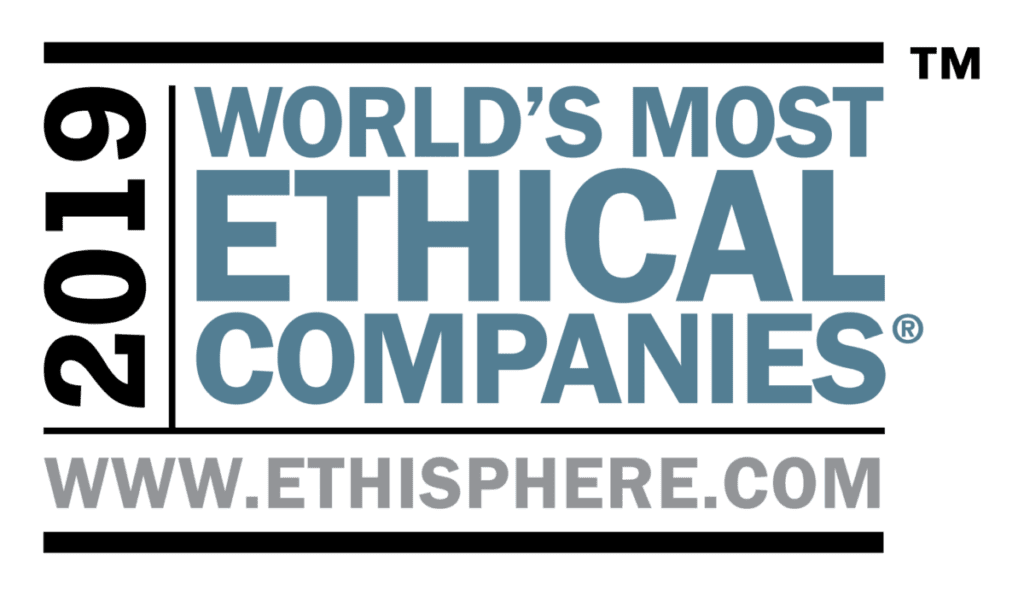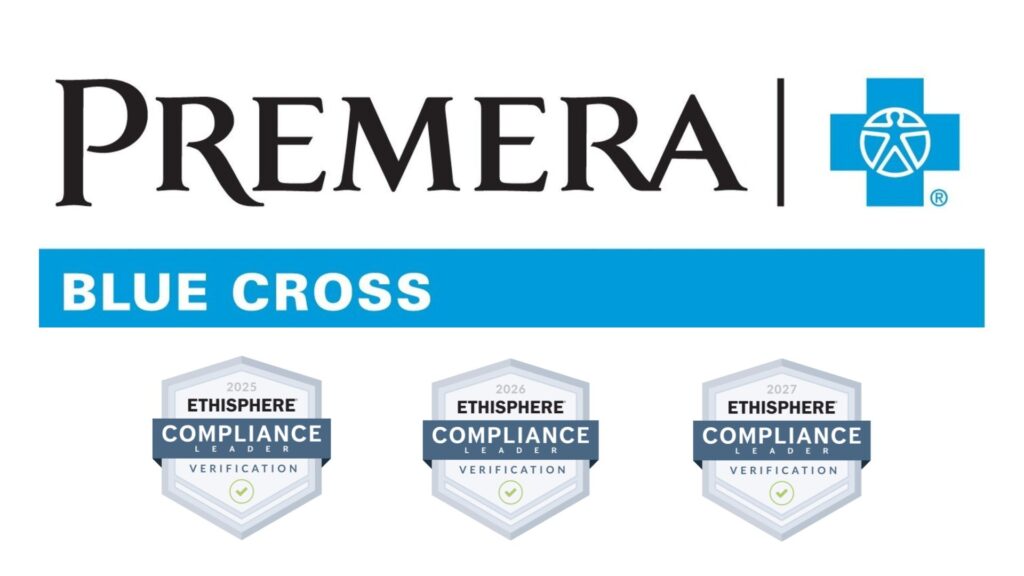Data and Leading Practices on Maximizing the Impact of Managers and Why It MattersNEW YORK, July 09, 2019 (Newswire.com) – Ethisphere, a global leader in defining and advancing standards of ethical business practices, today announced the official release of volume three of its Insights Report series, “Maximizing the Effectiveness of Your Managers,” which highlights the important role managers play as ethical leaders to help companies achieve optimal cultures of ethics and compliance.This report is based on responses from multinational companies to Ethisphere’s 2019 Ethics Quotient ® and global Culture Quotient (CQ) datasets. The Ethics Quotient dataset is comprised of leading programs and practices codified into measurable elements.The global CQ dataset currently includes responses to key questions around ethical culture including perceptions of program resources, organizational justice, and willingness to report—from more than 475,000 employees from over 50 companies, representing the views of over three million employees.This is the first-time Ethisphere is releasing a report highlighting the correlation between the two datasets which is a proven guide for companies to measure program effectiveness.Previously released volumes of the Insights Report focused on issues such as detection and monitoring, governance, written standards, the growing influence of ethics and compliance in the C-suite, the cost of compliance for highly regulated industries and how leaders address ethics and compliance across a global organization.Volume three, which was released during a webcast in June titled “Maximizing the Effectiveness of Your Managers: Insights into the Practices of the 2019 World’s Most Ethical Companies,” concentrates on important themes that include:
- Why Managers Matter: The Importance of the Manager
- Training and Awareness: Manager Training Practices
- Cultivating Managers as Effective Ethical Leaders
- Key insights from the most recent report include:
- The vast majority of employees—92 percent—responded affirmatively when asked whether they would raise a concern if they witnessed misconduct. Of the reasons cited for that strong willingness to hypothetically report, “it is the right thing to do” is the leading reason, followed by “corrective action is necessary” and “my manager would support me.” In contrast, of those who said that they would not be willing to report observed misconduct, 54.4 percent said they fear retaliation, while nearly 50 percent said they do not believe corrective action would be taken. Almost 12 percent said that they would not know whom to contact to report the misconduct.
- Strong communication from managers dramatically impacts perceptions of a culture of compliance. Among respondents who said they “never” discuss ethics and compliance with their manager, only 40 percent believe that their senior leadership acts ethically, compared to approximately 90 percent who “frequently” discuss these topics with their manager. Roughly 50 percent of those who do not discuss ethics with managers are uncomfortable approaching their manager about ethics issues. Conversely, nearly 100 percent of those who frequently have these discussions say they’re comfortable approaching managers with questions or concerns.
- Seventy-three percent of respondents said that their companies provide all managers with training about encouraging and supporting compliant and ethical conduct, while 25 percent said only some managers receive such training. Two percent said no managers are trained in this way.
- In response to logistical challenges, just 26 percent of respondents said that 81-100 percent of training is delivered in-person, while one-quarter said that only 1-20 percent of training was done in-person. Four percent said that none of their manager-specific training is delivered in-person.





